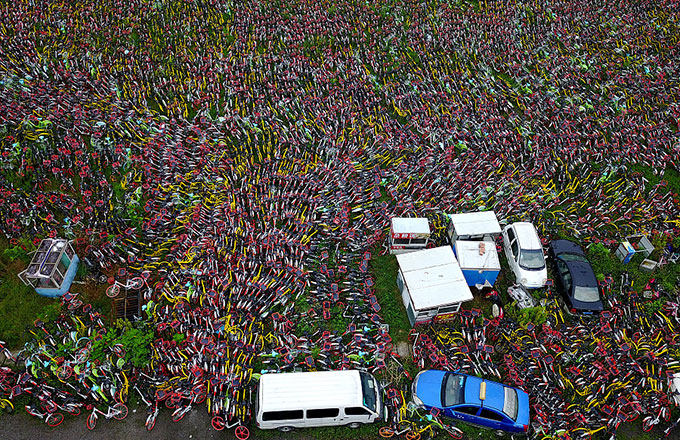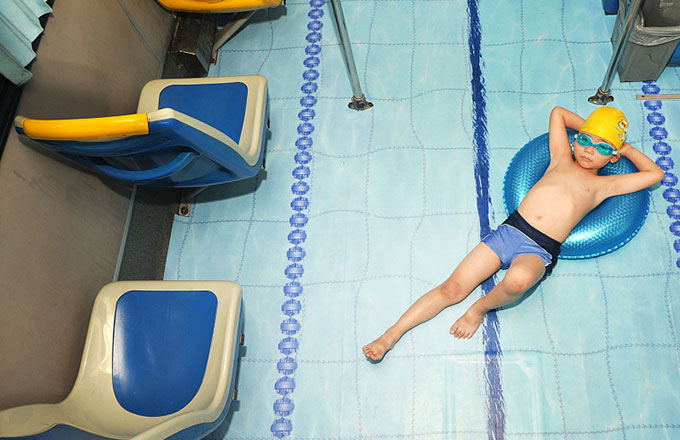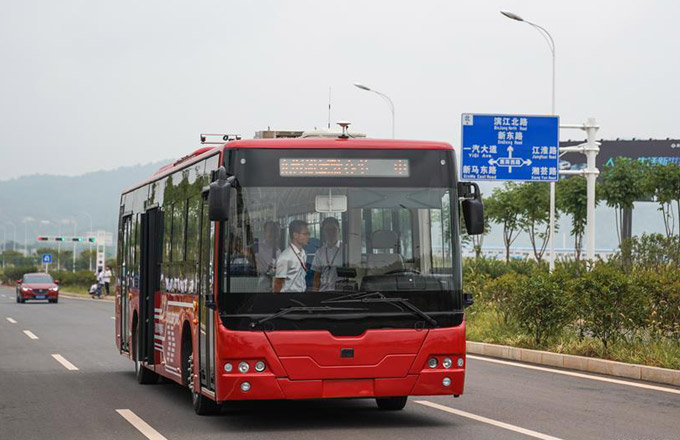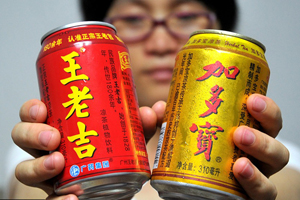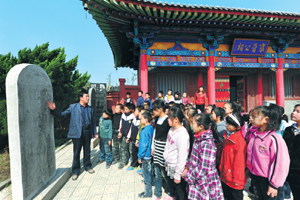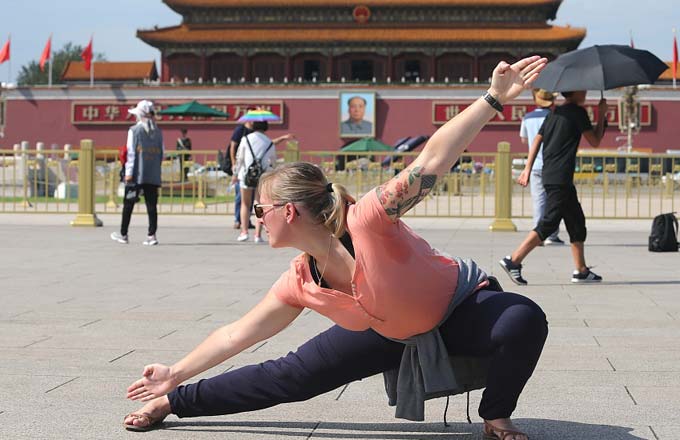Residents pitch in to burnish coastal city's clean reputation
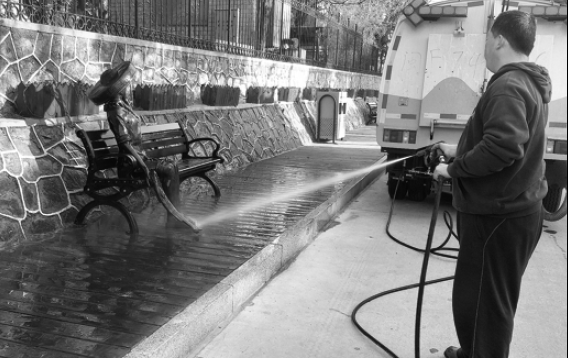 |
|
A worker washes a bench in Qinhuangdao, Hebei province. CHINA DAILY |
It was 7 o'clock in the morning. Peng Zuxun, 82, a resident of Qinhuangdao's Greatwall Garden community, left home to start his day, with a scraping tool in his pocket as usual.
At 9 o'clock, Zhou Huixia, director of the Tianyang Xincheng neighborhood committee, which covers several adjacent communities, saw a picture posted in a WeChat group showing small advertisements put up on the wall on the way to the Greatwall Garden. The photo was taken the day before.
"Peng must have cleared it by now," Zhou said.
Peng is an icon for many in the coastal city with a population of 1.4 million, which is known for its beach scenes and attracts millions of visitors, including China's top leaders, every year.
Several years ago, the city's environment and sanitation situation was not good. Now it has become the cleanest city in Hebei.
Local legend
In the province's clean-city appraisal last year, inspectors were surprised when they failed to collect any dust after sweeping a square meter of ground in the Shanhaiguan district in Qinhuangdao. Local legend has it that one inspector put on white gloves and wiped the ground, only to find that the gloves did not change color. The anecdote was quickly and widely spread around Hebei.
Li Yaobin, director of the city's urban management office, said the changes started when Meng Xiangwei, the Party chief, arrived in September 2015.
"He said we have to improve sanitation, and his first requirement was that the chief of urban management has to work on the street," Li said. "In my understanding, he was asking us to work at the front, and to find and solve problems there."
In January last year, Meng took officials on an 8-kilometer walk in bitter wind to investigate. "I felt great pressure at that time," Li said.
After that, the bureau made a careful analysis and listed 48 problems in four categories. It introduced an extremely high standard based on the one used in Zhongwei, in the Ningxia Hui autonomous region, which had become famous during a national city sanitation work conference held there in 2015.
Under that standard, dust collected from every square meter in main and secondary streets in the major urban area should not exceed 5 grams, while garbage should not stay on the ground for more than five minutes in such areas.
To that end, the city has spent more than 110 million yuan ($16.5 million) on environmental and sanitation equipment since 2016.
"It greatly eases pressure on the sanitation workers while improving the level of cleanness," Li said.




